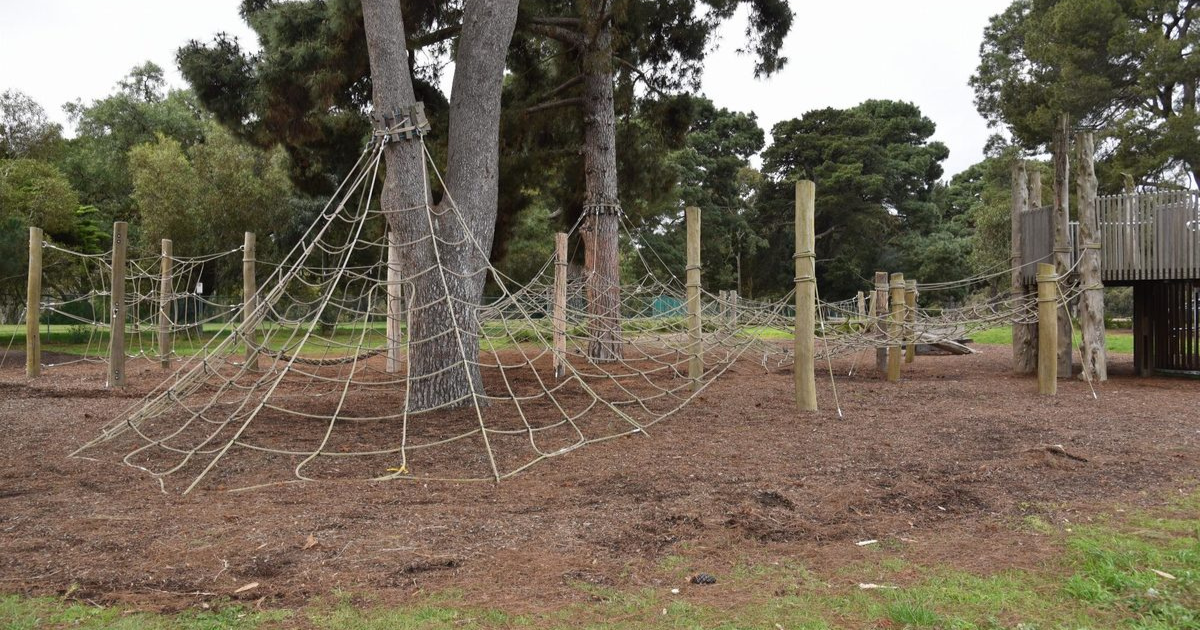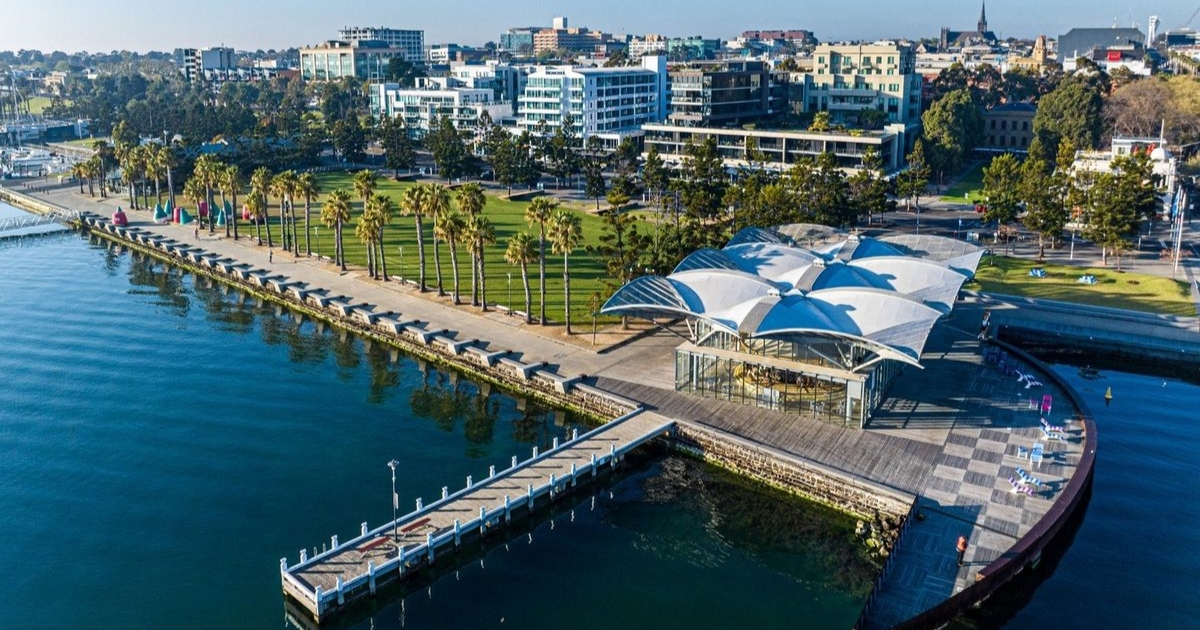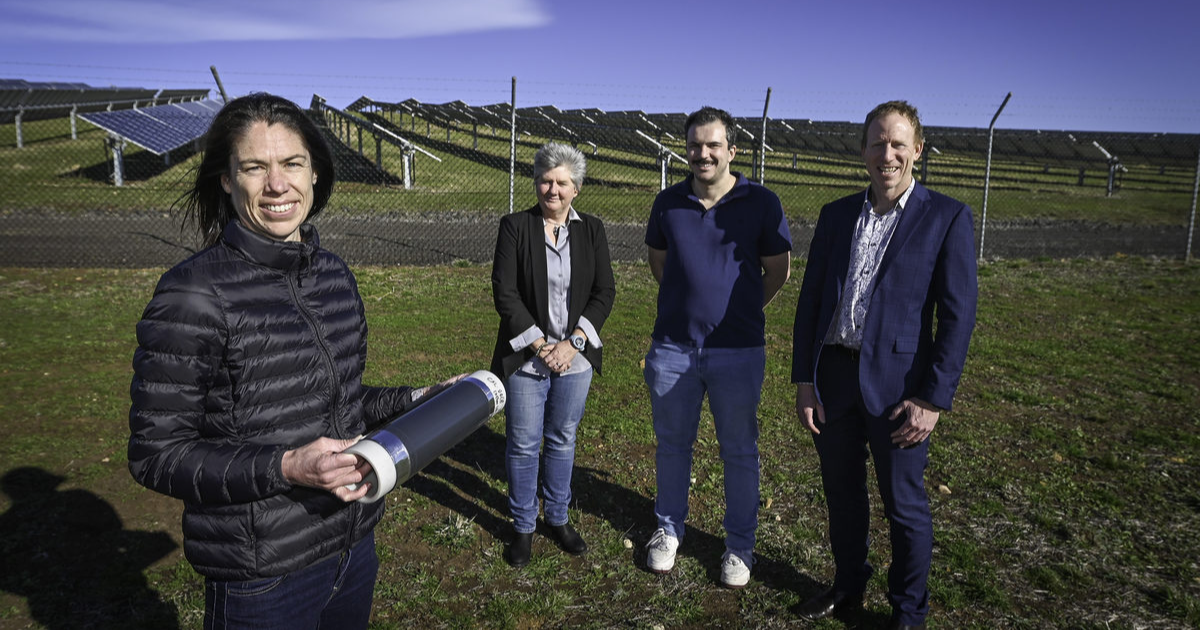Locals and visitors urged to slow down for native wildlife this summer

Wildlife Victoria recently announced 'A Safe Drive Saves Our Wildlife' advertising campaign was launched last week to urge drivers to slow down for their own safety and the safety native wildlife this Summer. Photo: SICKDOGWOLFMAN
WILDLIFE Victoria is urging people to slow down on the roads and remain more alert of native wildlife these summer holidays and the Surf Coast is backing the call-out.
The ‘A Safe Drive Saves Our Wildlife’ advertising campaign was launched last week by Wildlife Victoria and is also supported by the Transport Accident Commission (TAC).
In the past 12 months, thousands of native animals died on Victorian roads, which in turn saw Wildlife Victoria called to assist more than 8,000 native animals involved in road-related incidents.
The top three species involved in accidents through 2021 were Eastern Grey kangaroos, swamp wallabies and wombats.
“Surf Coast Shire’s abundance of beautiful native habitat also means an abundance of native wildlife and we encourage people to take special care when driving on our roads,” Cr Mike Bodsworth said. “Being aware, staying alert and reducing speed can reduce the risk of trauma for wildlife and motorists, and this particularly applies around dawn and dusk when animals are most active.”

Between 2011 and 2020, 11 people were killed on Victorian roads in crashes that involved an animal strike – many of those involved kangaroos, wallabies, or wombats.
In the same period, more than 1,500 people were injured in a crash where an animal was involved.
While the Surf Coast is not among the state’s most prevalent hotspots for vehicular incidents involving native wildlife, the shire is helping Wildlife Victoria spread its campaign’s message to residents and visitors.
“Council is pleased to be amplifying Wildlife Victoria’s Drive Safely campaign, and with so many people flocking to our region for summer breaks it is important that the message resonates,” Cr Bodswoth said.
“Council is also supporting Surf Coast Wildlife Rescue and the Department of Environment, Land, Water and Planning in a trial of virtual fencing on Forest Road near Anglesea to help reduce kangaroo-vehicle collisions.
“Virtual fencing involves having devices on roadside guideposts which are activated by vehicle headlights and emit sound and light to deter kangaroos from crossing roads.”
Wildlife Victoria CEO Lisa Palma said the not-for-profit organisation was anticipating a deadly summer on the roads.
“We are already seeing wildlife-related road trauma increasing year on year with the urban spread creeping into the natural habitat of our native animals. On top of that, a great deal of habitat was wiped out during the state’s last devastating bushfires,” Ms Palma said.
“It’s becoming more and more common to see native animals foraging for food alongside roadside verges between dusk and dawn.”
Wildlife Victoria concluded that a slight reduction speed reduces the risk of all types of collisions, including hitting animals on the road.
Therefore, drivers are urged to slow down in areas where wildlife is active. Just a 5km per hour reduction in speed can lead to at least a 15 per cent decrease in crashes.

















